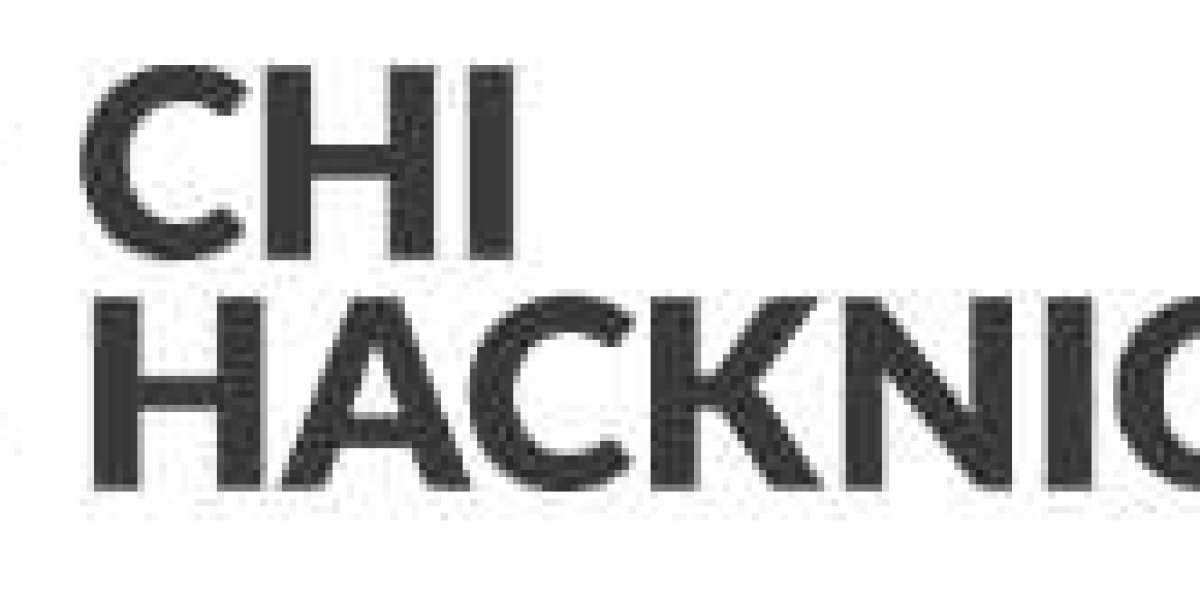A Community Rooted in Openness
It’s genuinely inspiring to see how civic technology and community engagement converge in Chicago, and a big part of that success owes to the role of the Smart Chicago Collaborative. When I first explored what Chi Hack Night represents, I was struck by its openness—the fact that every Tuesday, people from wildly different backgrounds gather, learn from one another, tinker with ideas, and try to make city life better. That sense of “doing together” is powerful, and Smart Chicago Collaborative is a quiet but essential enabler behind it.
Beyond Coders and Technologists
What stood out while reading about Chi Hack Night is that it isn’t just for coders or hardcore technologists—it’s explicitly inclusive of people with other gifts: storytellers, domain experts, community organizers, or even those who simply bring curiosity and fresh perspectives. This ethos feels vital in civic work, because progress can’t happen without diverse voices. It’s clear that Smart Chicago Collaborative has recognized this from the start, offering resources and encouragement for those who might otherwise feel like outsiders in the tech world.
The Power of Infrastructure and Documentation
Another aspect that caught my attention is the way Smart Chicago Collaborative supported Chi Hack Night in practical ways—documenting over a hundred blog posts, hosting events at 1871, providing technology infrastructure, and even shaping the “documenter” concept. These behind-the-scenes contributions don’t always grab headlines, but they form the bedrock of a thriving civic tech ecosystem. Much like roots of a tree, their work sustains growth that may not always be visible but is undeniably essential.
Letting Communities Lead
As Chi Hack Night has matured into its own independent force, Smart Chicago Collaborative has shown humility by stepping back, allowing the community to take ownership while still offering tools, programs, and support. This ability to share power rather than cling to control sets an example for how institutions can nurture capacity rather than dependency. Civic tech thrives when people feel empowered to lead, and that’s exactly what this partnership demonstrates.
Data, Policy, and Human Stories
Smart Chicago has also played a role in bridging the gap between abstract policy and everyday community needs. Projects like “Chicago’s Million Dollar Blocks,” which mapped incarceration costs at the block level, show how data can be transformed into something communities can use to spark change. When combined with Chi Hack Night’s experimental culture, these efforts lead not just to discussion but to prototypes, collaborations, and meaningful advocacy.
A Model Worth Emulating
On a personal note, I admire how Chicago’s civic tech space, thanks to Smart Chicago Collaborative, embraces experimentation and learning. Many places struggle with the divide between idealism and pragmatism, or between technologists and nontechnical stakeholders. Yet here, failure is welcomed as part of growth, and barriers to entry are kept low. Newcomers don’t need coding skills to contribute—they only need interest and a willingness to learn.
Conclusion
Smart Chicago Collaborative is more than just a sponsor or a name—it’s the connective tissue holding together Chicago’s civic tech ecosystem. It shows up in infrastructure, inclusion, documentation, and humility. If other cities adopted a similar approach, their civic tech movements could become more empathetic, collaborative, and impactful. For me, the Smart Chicago Collaborative represents what civic technology should always strive for: community-driven change powered by openness, diversity, and shared ownership.



